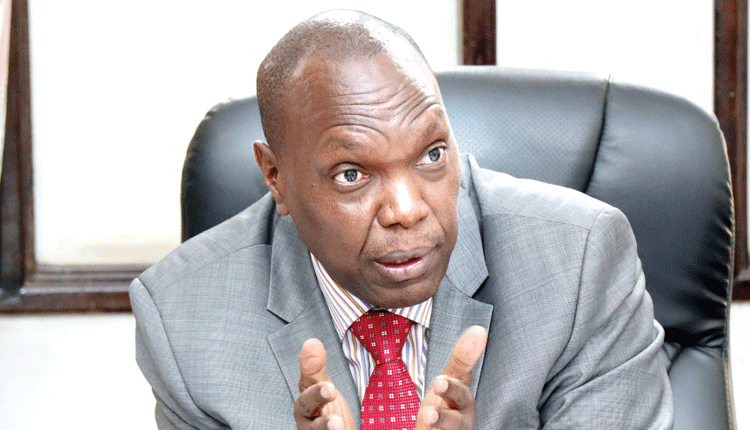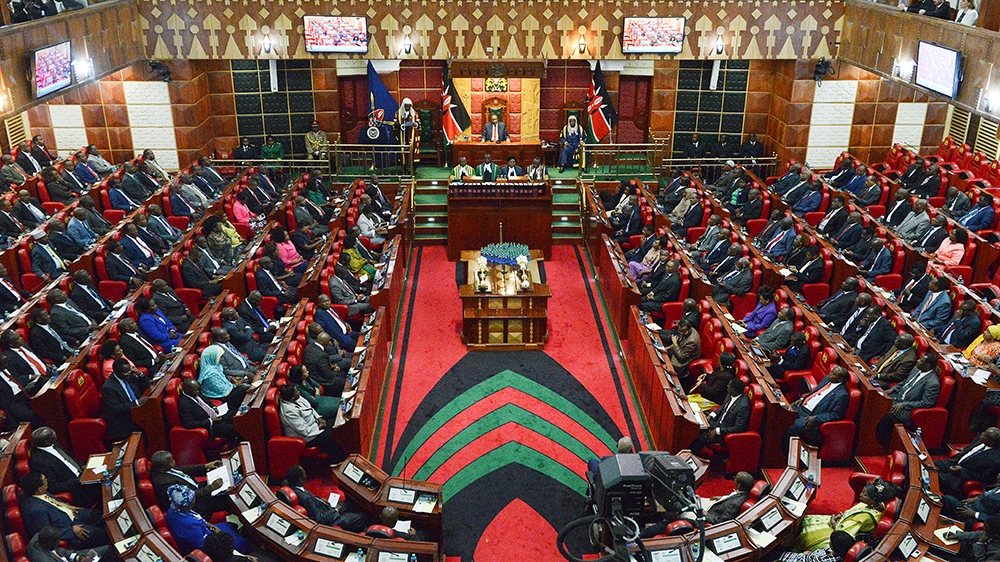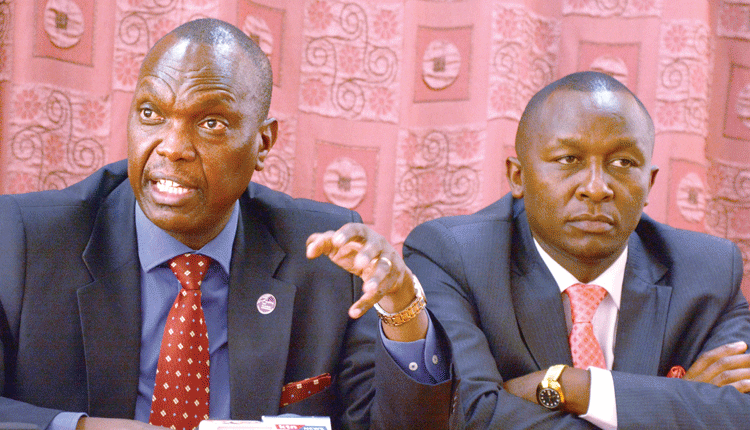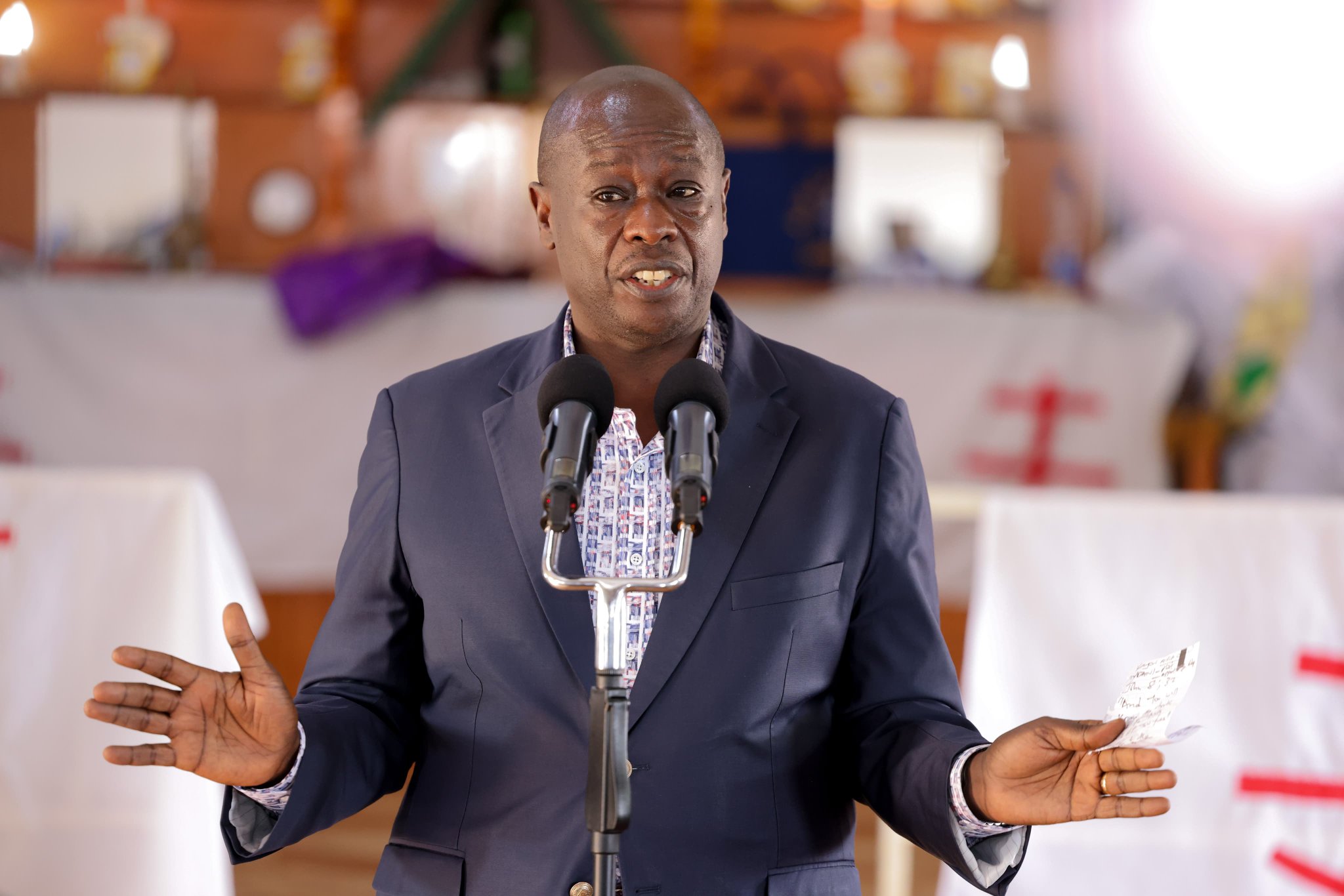Bill to have CSs picked from the House approved
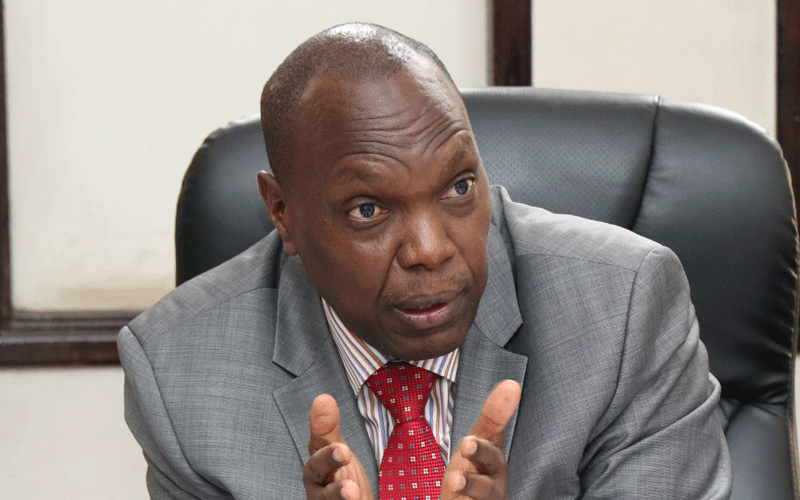
A proposed law to allow Cabinet appointees to be drawn from Parliament has been approved without any changes.
The Constitutional Implementation Oversight Committee (CIOC) chaired by Ndaragwa MP Jeremiah Kioni approved it following Speaker Justin Muturi’s ruling that no amendment can be proposed to a Bill seeking to amend the Constitution.
“Committee, noting the proposals from the public and having considered the same together with the Court of Appeal decision in Civil Appeal no E291 of 2021 over the constitutionality of the Building Bridges Initiative (Constitutional Amendment) Bill 2020, recommends that it be adopted and passed without amendments,” committee’s report.
The Bill proposes that Cabinet Secretaries be picked from among MPs as opposed to the current arrangement where they are drawn from technocrats.
Same will apply at the county level where governors will appoint Ward Reps to their Cabinet.
It Bill also seeks to allow the President to assign the Attorney General duties of a CS.
Committee further stated that members of the public in Kakamega, Kisumu and Uasin Gishu counties, which they visited, expressed divergent views on the Bill.
Education requirement
While some proposed that the Bill be amended to allow the President to appoint 50 per cent of the Cabinet from Parliament and the other 50 from non-parliamentarians, others proposed that minimum education requirement to be appointed CS and CEC should be a degree certificate.
While others proposed that the position of Chief Administrative Secretary be abolished, others proposed a reduction of the retirement age for CSs and CECs to allow young people get appointed to such positions.
Proponents of the the Bill said having CSs in Parliament would enhance accountability among them and CECs, as ministers appointed from outside the House owe allegiance to their appointing authorities.
They also claimed that CSs and CECs who are appointed from among Members of Parliament would be more responsive to issues affecting the citizenry, as they are directly accountable to the public.
The MPs argued that the Bill would help reduce the cost of running government through reduction of wage bill due to the fact that MPs and MCAs will serve as CSs and CECs and would only be entitled to a responsibility allowance in addition to their salaries unlike in the current structure where they are entitled to salaries.
Present scenario
“That in the present scenario where both the CSs and Principal Secretaries in the national government and CECs and Chief officers in the case of county government were technocrats, there tended not to exist proper division of labour and they on many occasions undermined each other,” the report.
But those opposed to the Bill claimed that if CS’s or CECs were appointed from among MPs, they would favour their constituencies or wards in the case of MCAs in the implementation of development projects as well as compromise independence of Parliament thus affect the oversight role of the legislature.
They also argued that giving the President powers to appoint CSs from among MPs would be adding more powers to the presidency, which the 2010 Constitution had tried to address.
Kenyans also opposed the proposal to allow the President to assign the AG duties of a Cabinet Secretary, arguing that he already has a huge constitutional mandate of offering effective legal advice to the Executive and thus assigning him functions of a CS would overload him.
“ Current office of the AG had failed to discharge its functions under the Constitution and thus there was no need to give additional responsibilities to that office.
The Attorney General should be left to run the State law office and not a ministry,” adds the report.
But in its defense of the Bill, the committee argued that the legislature, being the body charged with budget making would ensure balanced development in the areas of representation by enforcing the provision of the Public Finance Management Act contrary to arguments that they would favour their wards and constituencies.
Constitutional mandate
Committee also noted that despite the AG having a constitutional mandate as principal legal advisor of the government, there was a lacuna in law that required him or her to be assigned responsibilities of a CS without being appointed one.
On the degree requirement for CSs and CECs, the committee established that the current Parliament and most county Assemblies, were constituted by persons with high credentials and skills mix that would allow them to serve in all departments of government.
“That further Article 99 of the Constitution sets the qualifications for one to be eligible for elections as an MP and abrogates the educational requirements to the ambit of legislation and the same is addressed in the Elections Act that sets the minimum of a degree to be an MP or MCA,” the report.
